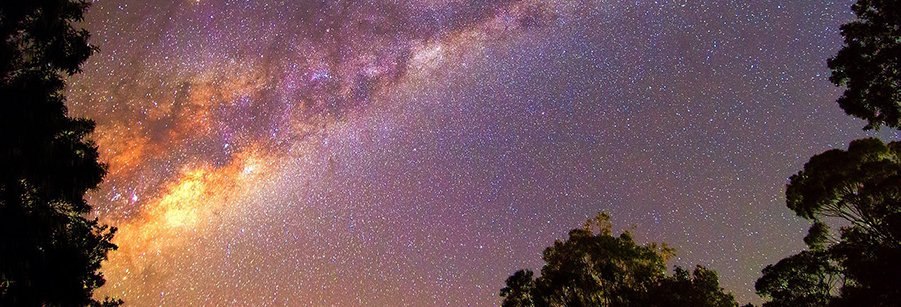The federal government is planning to release an unclassified intelligence report to Congress in June, detailing what it knows about unidentified flying objects. The report will likely gain wide interest from the American public, two-thirds (65%) of whom don’t believe the government has been honest with the American people about what it knows about the phenomenon up until now.
Only one in nine (11%) in the latest Economist/YouGov poll say the U.S. government has told the general public what it knows about UFOs. Partisanship, or ideology matters little on this question: 62% of Democrats and 70% of Republicans believe the government has been holding back some UFO knowledge. Adults who are 45 and older (73%) are more skeptical than younger ones (55%) about the government’s openness.
The plan to release the new report, which was authorized as part of last year’s pandemic relief bill, comes at a time when discussion of unidentified flying objects may have reached a level of public and especially elite acceptance. Former President Jimmy Carter reported seeing a UFO before he won the White House, former Senate Leader Harry Reid secured funding to investigate them, and even 60 Minutes has reported on the government’s interest.
There is public interest and increasing public acceptance that there just might be something out there. By more than five to one (66% to 12%) Americans approve of government agencies investigating UFOs. Three in five Americans (61%) think it’s at least probably true that there is intelligent life on other planets, although only one in five (21%) think that is definitely the case. Fewer than one in five (17%) think it is definitely or probably not true that there is intelligent life on other planets.
More Democrats (68%) and Independents (64%) than Republicans (50%) believe life on other planets likely exists. But acceptance of the possibility crosses all age categories: those who are 45 and older (59%) and those under 45 (63%) think there is life on other planets.
About half of those who say religion is very important to them (52%) agree there could be life on other planets. Seven in 10 Americans who say religion is not at all important to them (71%) say this is likely.
Acceptance of this possibility has increased somewhat in the last 20 years. In 2001, a Fox News Poll found 54% believing and 30% rejecting the possibility there could be intelligent life on other planets.
In addition, one in five adults (19%) say they themselves have seen something they thought was a UFO. Men (24%) are more likely than women (15%) to report an encounter.
It may have become more acceptable to report close encounters. In Gallup Polls conducted in the 1970’s and 1980’s, barely one in ten reported a sighting, though the percentages started to rise in the 1990’s. In June 2019, 16% in the Gallup Poll said they had seen something they thought was a UFO.
See the toplines and crosstabs from this week’s Economist/YouGov poll
Related: Most Americans now believe the coronavirus originated from a laboratory in China
Methodology: The Economist survey was conducted by YouGov using a nationally representative sample of 1,500 US Adult Citizens interviewed online between May 22 - 25, 2021. This sample was weighted according to gender, age, race, and education based on the American Community Survey, conducted by the US Bureau of the Census, as well as 2016 Presidential vote, registration status, geographic region, and news interest. Respondents were selected from YouGov’s opt-in panel to be representative of all US citizens. The margin of error is approximately 2.9% for the overall sample.
Image: Photo by Pixabay from Pexels















